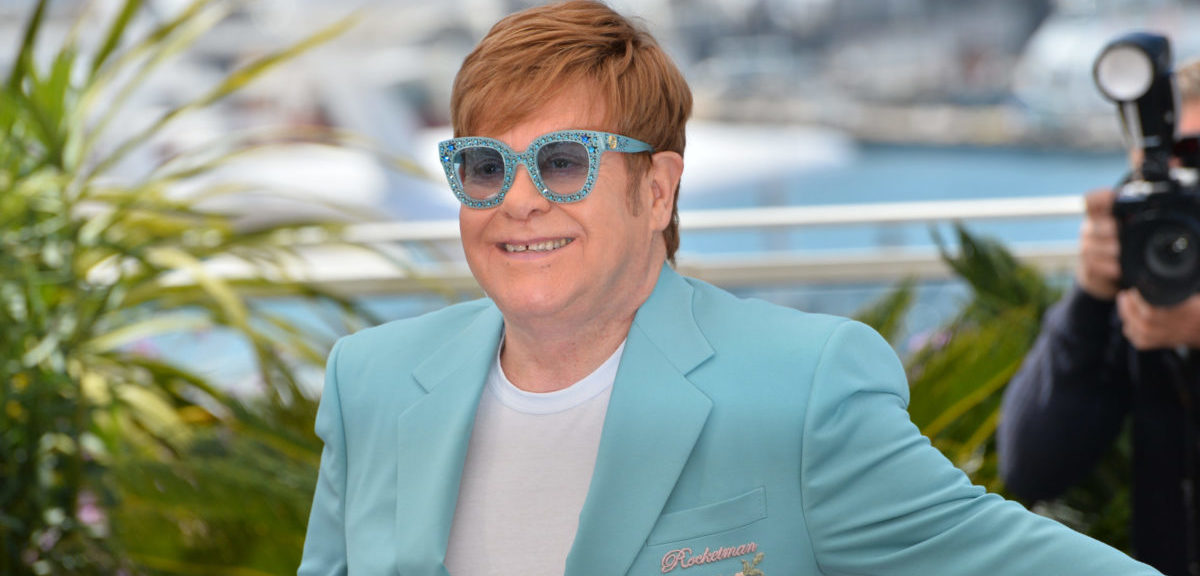Often, we hear about people who are struggling with drug or alcohol addiction. These may be people in our families or neighborhoods, social media influencers, or TV celebrities. It’s not often that we hear about those who are successfully working through their recovery or those who are celebrating decades of sobriety.
Instead, it’s more likely to hear that someone suffered a fatal overdose.
Dramatic stories grab headlines and attract lots of attention. However, the lack of addiction recovery success stories can make it seem like no one ever recovers from drug or alcohol addiction.
As addiction treatment professionals, we see several success stories. We also take note of celebrity accounts of addiction. They show that anyone can develop an addiction and anyone can recover if they get the right help.
Let’s take a look at some of the celebrities who have been open about both their addiction and their recovery.
Drew Barrymore
Drew Barrymore’s acting career started at the tender age of six and she started drinking alcohol and smoking cigarettes by the age of nine. She quickly moved onto cocaine and marijuana and by the age of 13, she entered rehab.
She spent the next year in and out of addiction treatment centers and psychiatric facilities. At age 15, she emancipated herself and started working in a coffee shop.
Eventually, she started attending auditions again. From all accounts, Barrymore was able to remain sober throughout adulthood and became a successful actress and producer.
Martin Sheen
Martin Sheen has been in recovery from alcoholism since 1981. His alcoholism was so severe during the 1970s that he suffered a heart attack while filming Apocalypse Now. it is said that the opening scene in that film is very much real.
Sheen was so intoxicated that he punched the mirror and cut his hand. He refused to accept treatment or stop filming.
However, he later said he found sobriety through Catholicism and his faith and then became involved in Alcoholics Anonymous to help his son Charlie Sheen
Robert Downey, Jr

Robert Downey, Jr’s addiction story has been told several times over. He appeared in his first film at the age of five and he said his father allowed him to smoke cannabis when he was just six years old. He recalled growing up surrounded by drugs and said his father would often do drugs with him as a way to bond with him
Downey eventually became addicted to heroin and he was arrested multiple times. He was also jailed for six months after failing to take a court-ordered drug test.
Downey managed to get clean in 2001. He credited holistic therapies, yoga, kung fu, and spousal support for his ability to achieve sobriety. Downey also recommends 12-step recovery programs.
Jamie Lee Curtis
Jamie Lee Curtis has a family history of addiction. Her father struggled with alcohol, cocaine, and heroin while her half-brother died from a heroin overdose at age 23.
Curtis has one of those drug addiction recovery success stories that need to be told having celebrated 22 years of sobriety in February 2021. Her history of addiction started in 1989 when she was prescribed Vicodin after minor plastic surgery.
For ten years, she used opiates and alcohol unbeknownst to many people. Curtis said she was careful not to use any substances while she worked or take Vicodin early in the day. After getting caught taking Vicodin pills with wine and admitting to stealing Vicodin from her sister, she sought help.
Curtis attended a recovery meeting in 1999 and confided in her husband. Since then, she has attended recovery meetings around the world and she asks hotels to remove minibars from her room to help her maintain her sobriety.
Elton John

Elton John has been sober since 1990. He started experimenting with cocaine in 1974 as a way to gain social acceptance. John described himself as a loner who wasn’t good looking and he used drugs to make him feel like part of the “gang”. He recalled that his first line of cocaine made him sick but he still went back for more.
John took drugs from the mid-1970s and also drank alcohol. During what he calls the lost years, he attempted suicide many times, overdosed on cocaine on multiple occasions, and suffered epileptic seizures.
The turning point came when he asked for help in 1990 after witnessing the death of teenager Ryan White. White contracted HIV through a blood transfusion and John became close to him and his family.
The two worked together on HIV/AIDS awareness campaigns and fundraisers and John was at White’s bedside when died of AIDS on April 8, 1990. John said White’s death changed him.
Daniel Radcliffe
Few people would believe that Daniel Radcliffe struggled with alcohol abuse as he came to the end of filming the Harry Potter films. However, Radcliffe said he drank heavily during the production of the last three films before he realized he was not in control of his alcohol use. He quit drinking after completing the last film.
Radcliffe says he doesn’t consider himself an alcoholic but he has an addictive personality and he drank nightly
Radcliffe said he struggled to come to terms with his fame as an 18-year-old and he adopted a party lifestyle. However, almost every time he drank, he would black out, so he stopped going out.
Instead, he drank at home alone, fearing the tabloids would capture him doing something inappropriate if he went out. Radcliffe quit drinking in 2010 but in 2012, he got into a fight with a DJ while intoxicated. After this relapse, he was able to regain his sobriety.
Radcliffe doesn’t attend AA meetings but he said he goes for long walks when he gets the urge to drink and goes to the gym regularly.
Sir Anthony Hopkin
Sir Anthony Hopkins is an award-winning actor, producer, and director who has starred in more than 80 films in a career that spans 60 years. He’s known for his roles in Silence of the Lambs and Hitchcock.
What many people didn’t know until recently is that he struggled with alcoholism in the 1960s and 70s. Sir Anthony said he was plagued by feelings of inadequacy and self-doubt after he tried to build a theatre career. He abruptly walked out of the filming of Macbeth in 1973 and abandoned his first wife and daughter, all because of his alcoholism
In 1975, his second wife left him and he went on a bender that went on for multiple days. He ended up in a Pheonix, Arizona hotel room with no memory of how he got there. He subsequently experienced several blackouts as a result of his drinking and this is what prompted him to get help.
His agent suggested that he attend an AA meeting and that’s when he started his sobriety journey. Sir Anthony said his fear of losing his health, family, and career made him stay in recovery.
Treatment: The Foundation of Your Success Story

Addiction recovery success stories aren’t reserved for celebrities. In recovery, you’ll meet regular people who have meth recovery success stories, benzo recovery success stories, and other drug addiction recovery success stories.
What’s clear about the celebrities we’ve discussed is that addiction is different for each individual. Some people started using drugs or alcohol in childhood while others developed an addiction later in life.
Each person had a different motivation for seeking treatment and they all tried different routes to sobriety.
That’s because there’s no one-size-fits-all solution where addiction is concerned. If you or a loved one is struggling to control your drug use, you need to find an addiction treatment center that’s right for you.
After you undergo detox, you will need personalized counseling and therapy to help you identify and manage your triggers and stay sober in the long term.
Many people follow a continuum of care that includes inpatient treatment, partial hospitalization, outpatient treatment, 12-step support, and continued therapy.
This is because addiction is a chronic disease and a few days of detox isn’t enough to ensure long-term sobriety. Drug and alcohol treatment may include:
- Medication
- Cognitive-behavioral therapy
- Motivational interviewing
- Dialectical behavior therapy
- Treatment of co-occurring mental health disorders including anxiety and depression
- Skills training
- Family or community-based support
- Peer support
Contact Best Rehabs In Arizona Today!
If you’re ready to take control of your life again and say goodbye to addictive substances, the professionals at Best Rehabs In Arizona are here to help.
We have luxury rehab centers in Arizona and Colorado and we offer highly personalized treatment for each person who comes through our doors.
We accept most forms of private insurance and we’ll gladly verify your coverage. Contact us today to learn more about the drug and alcohol treatment options we offer.

